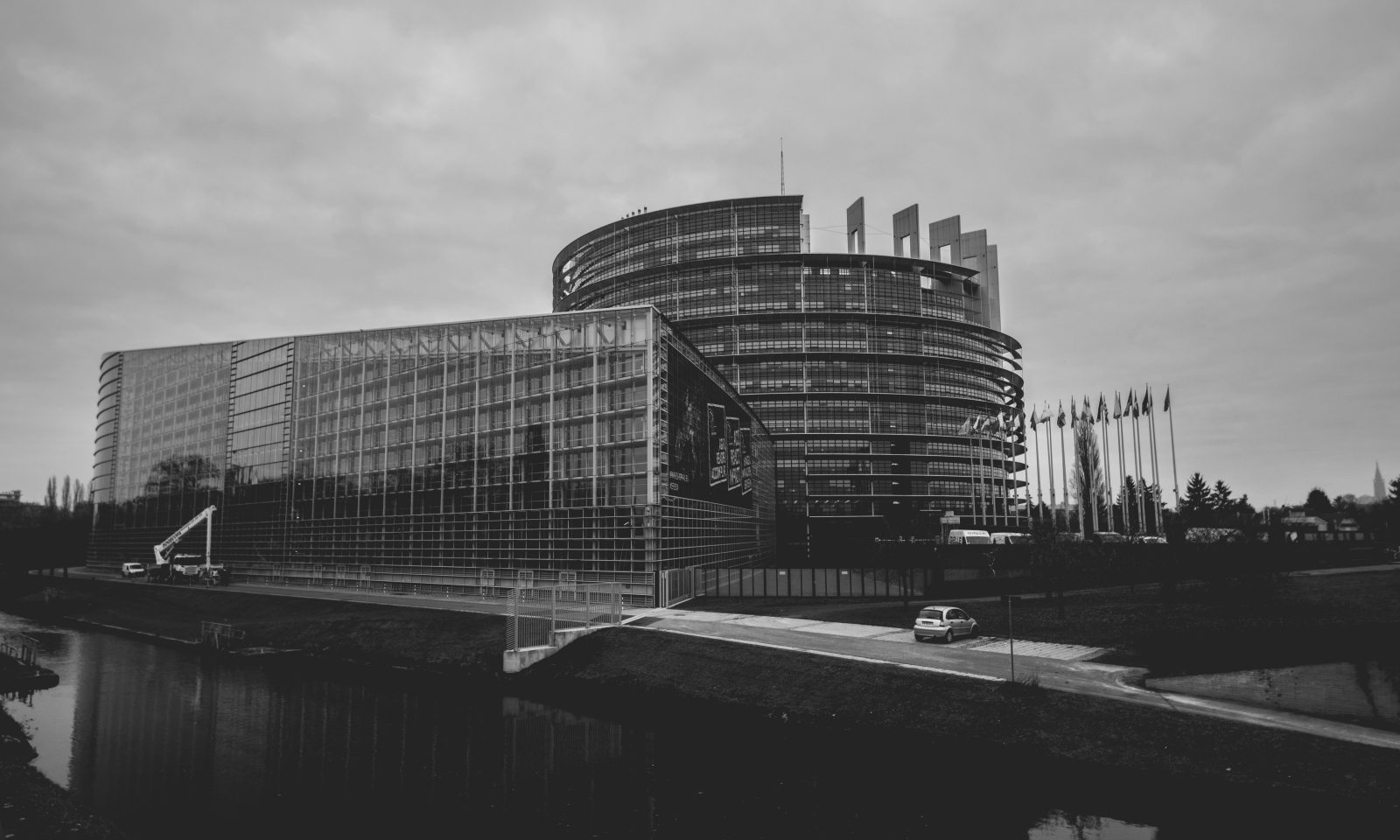The Directive was adopted
Despite 5 million signatures collected against the introduction of censorship and mass protests that took place in Europe last week, the MEPs have adopted the harmful Directive on copyright in the Digital Single Market on today’s plenary vote in the European Parliament.
The Directive was adopted with 348 votes in favour and 274 votes against (see how individual MEPs voted here). Before that, MEPs voted on the possibility of amending the Directive and making it better, which they rejected with only 5 votes of difference: 317 votes against and 312 votes in favour. Consequently the deletion of Articles 13 (now 17) and 11 (now 15) of the Directive was not discussed in the plenary vote. The European Parliament adopted the Directive with all its provisions, including Article 11 (now 15) that introduces a new related right for press publishers and Article 13 (now 17) that will cause filtering of the user-generated content. The Directive is a lost opportunity for a good copyright reform. It will not harmonize the digital European market, with unclear provisions it does not bring legal certainty and it does not balance the interests of the rightsholders on one and of the users of copyrighted works on the other side. We really hope that all the creators (and not only the chosen ones) will get fair remuneration since the price measured in limitation of the flow of information, removal of perfectly legal content and infringement of freedoms on the internet will be high.
The Grand Board of the European Union Intellectual Property Office (EUIPO) finally ruled that the figurative sign ‘COVIDIOT’ cannot be registered as an EU trademark.
The 4th Open Knowledge Day took place on Tuesday 17 October 2023, with an accompanying workshop on 18 October 2023. This year it was organised by the Open Data and Intellectual Property Institute (ODIPI) and supported by Knowledge Rights 21 (KR21).
We invite you to the fourth Open Knowledge Day and the workshop, which will take place this year within the framework of the programme and with the support of Knowledge Rights 21. The event will bring together experts from different European countries to discuss two topics: the first part will deal with the legal basis for data analytics, which is a key part of machine learning and related artificial intelligence, and the general exception for research. In the second part, open science in theory and practice will be presented both in Slovenia and in some Western Balkan countries. Representatives of research and educational institutions from Slovenia and the Western Balkan countries, as well as interested members of the public, are invited to attend.
Dr. Maja Bogataj Jančič, a renowned expert in copyright law, has joined the Berkman Klein Center for Internet & Society at Harvard University, where she will serve as an affiliate researcher for the next two years.





